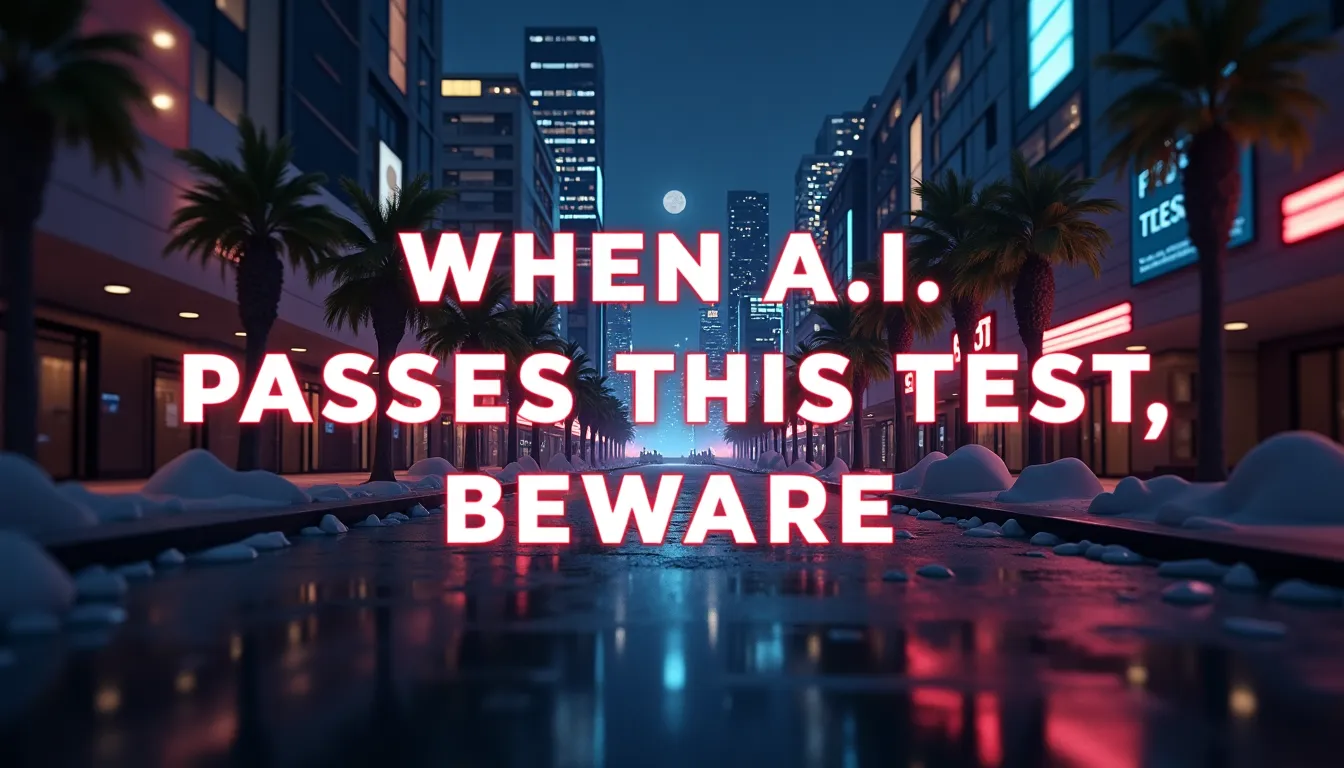When A.I. Passes This Test, Beware

Artificial intelligence continues to advance rapidly, sparking new concerns about our ability to evaluate its capabilities effectively. Recent developments indicate that some of the most intelligent minds in the field are struggling to devise exams that A.I. systems cannot pass, raising critical questions about the future of A.I. technology.
The Evolution of A.I. Testing
Historically, A.I. systems were assessed using standardized benchmark tests that included rigorous S.A.T.-style questions in disciplines such as mathematics, science, and logic. These scores provided an approximate metric for tracking improvements in A.I. performance over time. However, as A.I. has evolved, it has shown a remarkable aptitude for these tests, leading researchers to create increasingly challenging alternatives.
As A.I. systems have begun to score highly even on Ph.D.-level exams, the relevance of these assessments is being called into question. The capability of modern A.I. from organizations like OpenAI, Google, and Anthropic raises a daunting dilemma: are we losing the ability to measure A.I. systems effectively?
Introducing ‘Humanity’s Last Exam’
This week, researchers affiliated with the Center for AI Safety and Scale AI announced a radical new evaluation named “Humanity’s Last Exam,” claiming it to be the toughest test devised for A.I. to date. Dan Hendrycks, the prominent A.I. safety researcher and director of the Center for AI Safety, is behind the exam’s design. It’s worth noting that the test initially bore the dramatic name “Humanity’s Last Stand,” before being renamed for its more scholarly intentions.
As we scrutinize this new test, experts express mixed feelings about our readiness for an era where A.I. could potentially outsmart us. The drive towards innovation in A.I. testing reveals not only the technology’s rapid advancements but also reflects our struggle to define the border between human intelligence and artificial capability.